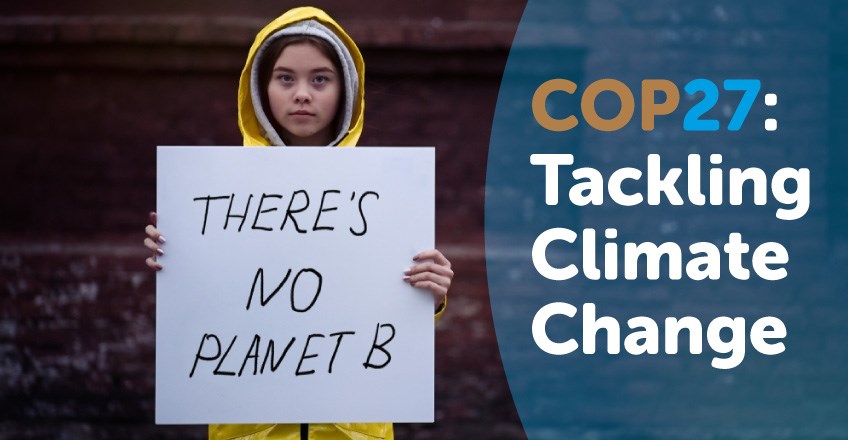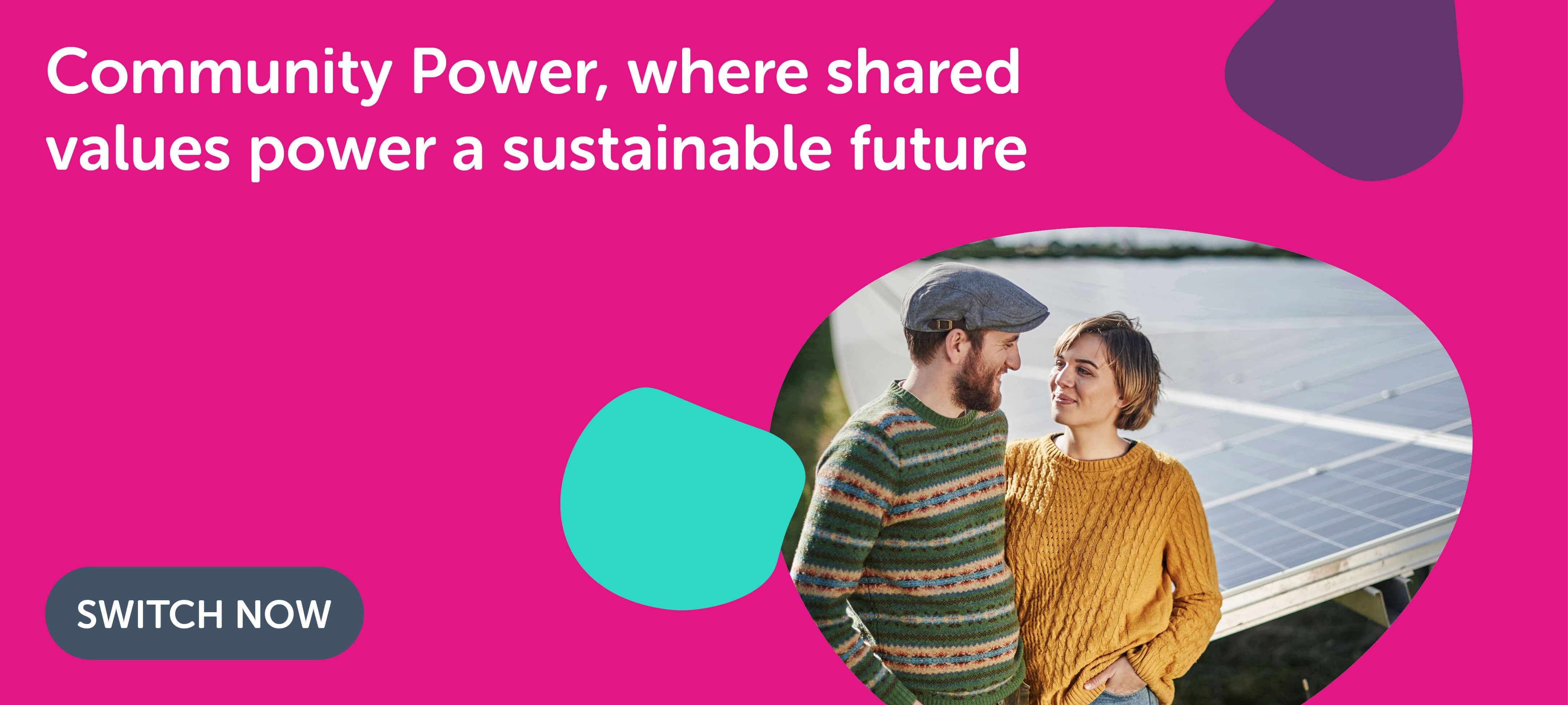COP27 explained - everything you need to know
Published date: November 2022

COP27 Is commencing on Sunday the 6th of November, in Sharm El-Sheikh Egypt and Your Co-op is here to explain why this is such a pivotal moment in our fight against climate change. Some of the worst effects of climate change have already hit the most and least vulnerable in 2022, meaning COP27 has a lot to answer for if we are to mitigate future climate change.
This November will mark the 27th year of the UN Climate Change Conference of the Parties (COP27), with 190 Countries set to be represented, with over 90 Heads of State present. Despite the 26 previous conferences, there is still a considerable task in front of humanity according to the IPCC report. The target of keeping rising global air temperatures below 1.5°C is slipping away from us very quickly, which is a damage limitation target for the world. Current predictions by the IPCC state that within the next two decades, Earth will have reached this unfortunate milestone.
Global leaders and representatives are coming together with the intention to further improve the policies, plans and efforts in cutting their nations' carbon emissions and improve their practices that harm the environment. Achieving this takes well-structured and thorough negotiations that lead to a realistic implementation strategy that can be carried out by all the attending countries.
Countries are currently set on reaching NetZero by 2050, though very few have made a legislative commitment to achieve this and peak their carbon emissions by 2030, as the IPCC advises. The Midcounties Co-operative are on their way to reaching NetZero by 2040 and providing simple solutions for customers with climate-positive products.
What does COP27 need to focus on?
One of the most significant targets is the deadline for reaching NetZero for CO2e emissions, meaning that countries will be taking more CO2 out of the atmosphere than they put in. This results in the greenhouse effect reducing year-on-year, cooling the average global air temperature and mitigating the impacts of climate change.
COP27 will have a specific focus on helping the most vulnerable communities around the world, who are and will feel the effects of climate change the worst. In 2022, abnormally heavy monsoon rains in Pakistan have resulted in up to one-third of the entire country being flooded - affecting 33 million lives. Climate change will make agriculture, water and food security and flooding common issues for the most vulnerable in our global society and this is already happening.
You can donate to UNICEF here if you wish to support flood relief in Pakistan.
What to look out for?
Nature
Without stopping and reversing deforestation globally, changing our food and land use practices and protecting ocean ecosystems, the target of 1.5°C of global air temperature rise looks very unrealistic. The reality is that ecosystems are declining globally at rates faster than ever before in Human history. An awful fate for species of plants and animals, though also for Humanity as nature forms a foundation of our health, livelihoods, food security and global economics.
Food
The global food industry makes up 12% of the global GDP and over 40% of all employment. The food crisis has been exacerbated by the war in Ukraine, leading to stretched supply chains and energy price rises resulting in agri-commodity prices skyrocketing. As of 2021, the global food crisis is affecting 820 million people who are suffering from hunger.
Water
Climate change is directly causing water-related events such as floods and droughts to become more frequent and destructive. The IPCC reports that 3 billion people could face water scarcity if average global air temperatures rise to 2°C, affecting Africa and other climate-vulnerable regions acutely. In addition, water security is a key priority of the Egyptian COP presidency. Therefore, it is essential that COP27 is an event which will strengthen the climate collaboration between the 190 countries.
Decarbonization
The ambitious economic commitments made in Glasgow at COP26 in 2021, are a focus to ensure emerging economies are realistic in implementation. The world has experienced an unprecedented trend of urbanization across the global south and east, meaning the achievements made in low-carbon, climate-resilient cities will be a key part of the solution to unlocking decarbonization.
Other focuses for COP27 will include:
• Solutions for adapting to life with climatic changes locally and globally
• Financing organised climate action
• Managing climate risk plans
• Assess ongoing strategy for climate targets (such as NetZero)
• Build social resilience
COP27 will close on Friday the 18th of November and will hopefully fuel optimism about the future of climate change and countries will accelerate their efforts to keep average global air temperature rise below 2°C.











Leave us your comment
You need to login to submit a comment. Please click here to log in or register.